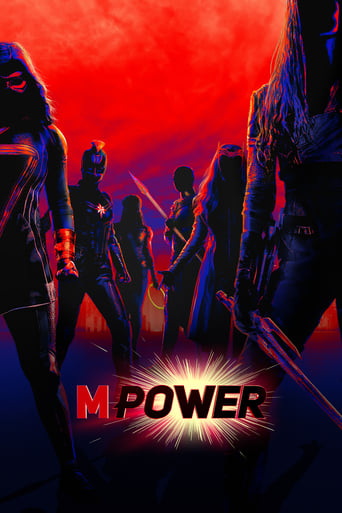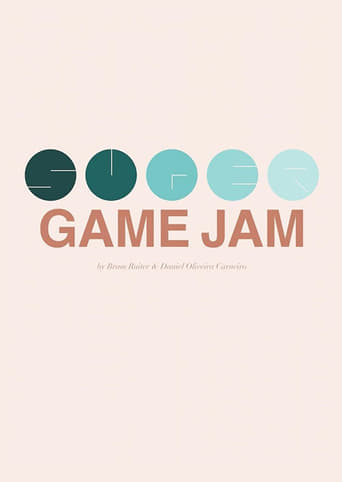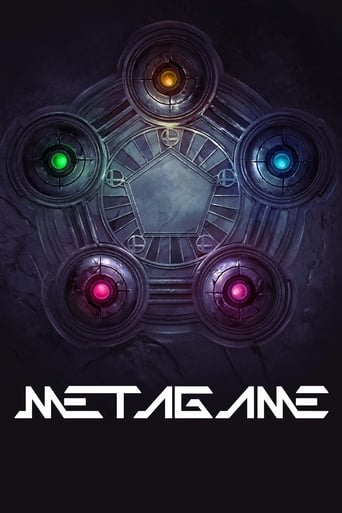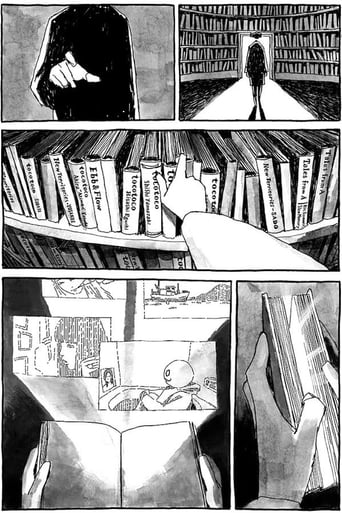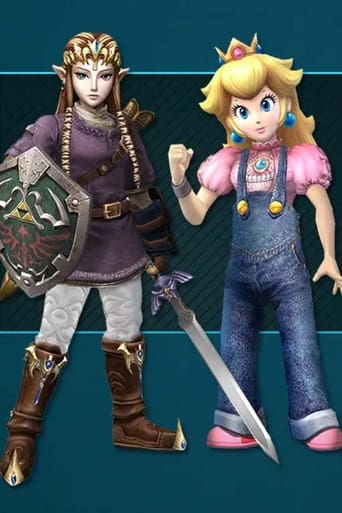
Rating:
1/10 by 3 users
Tropes vs. Women in Video Games (2013)
Tropes vs. Women in Video Games aims to examine limiting, sexist patterns associated with female representations in games, and to illuminate how these patterns reinforce and perpetuate harmful attitudes about women in our culture.
Writing:
- Anita Sarkeesian
Release Date:
Thu, Mar 07, 2013
Country: US
Language: En
Runtime:
Country: US
Language: En
Runtime:
Anita Sarkeesian
Self
Season 2:

This episode examines the ways in which designers often employ camera angles and clothing choices as tools to deliberately sexualize and objectify female protagonists of third-person games. To illustrate that this is no accident, we contrast the ways in which women’s butts are frequently emphasized with the great lengths often taken to avoid calling attention to the butts of male characters. We then present some examples of female-led third-person games that humanize rather than objectify their protagonists.

This episode examines the ways in which character animation, which can be a wonderful tool for all sorts of creative expression, is often used in limiting and stereotypical ways to sexualize female characters. We then illustrate that this is just one of many ways that games are predominantly designed around the male gaze, and discuss why male characters who may be depicted wearing little clothing are not objectified in the way that female characters are.

This episode explores the ways in which female characters are frequently placed in wildly impractical, sexualizing outfits specifically designed to objectify them for the titillation of the presumed straight male player. We then discuss the problems inherent in linking the sexualization of female characters to notions of female empowerment, and examine what positive depictions of female sexuality and sexual desire in games might look like.

This episode examines the general lack of female representation among standard enemies as well as in the cooperative and competitive multiplayer options of many games, and the ways in which, when female enemies do exist, they are often sexualized and set apart by their gender from the male enemies who are presented as the norm. We then highlight a few examples of games that present female enemies as standard enemies who exist on more-or-less equal footing with their male counterparts.

This episode examines the very limited range of female body types commonly seen in games, contrasting this with the much wider range of physiques that male characters frequently possess. We then illustrates that, when female characters appear who do have a body type that is notably different from the slender physique that games establish as the standard, these bodies are sometimes presented as a joke, or as a twisted transgression of social standards and expectations. We examine how this limited range extends to the age of female characters as well, before highlighting a few examples of games that have positive representations of women with different body types and women who are older.

This episode explores how female villains in games very often function to demonize femaleness itself, drawing on patterns of female representation that have roots in creatures from myth and folklore which reinforced misogynistic attitudes about women in their own time. We look at Grotesquely Female characters: those who communicate that femaleness is abhorrent and disgusting, and at Sinister Seductresses: those who suggest that female sexuality is inherently threatening and misleading. We then explore characters who blend these two notions, initially appearing attractive and alluring, only to have their true form revealed as monstrous and deadly. Finally, we demonstrate that it’s entirely possible to have great female villains who don’t serve to reinforce false, misogynistic ideas about women as a whole.

This episode explores the ways in which sexist, racist stereotypes about black women and tribal cultures that date back for centuries are often still perpetuated today in representations of women from indigenous and tribal cultures in video games. These representations link sexism and racism to exotify these women, depicting them as primitive, savage, and hypersexualized. We examine the historical roots of these racist and sexist myths in America and the damage they continue to cause, and demonstrate how these representations are acts of cultural appropriation. We then conclude by sharing some examples of games that challenge damaging stereotypes rather than reinforcing them by offering representations of people and cultures that are honest, respectful, and humanizing.

This episode examines how female sidekicks and companions in games are often designed to function as glorified gatekeepers, helpless burdens, and ego boosters, a pattern that works to reinforce oppressive notions about women as the ones in need of protection and men as the ones in control, who take action and do the protecting.



